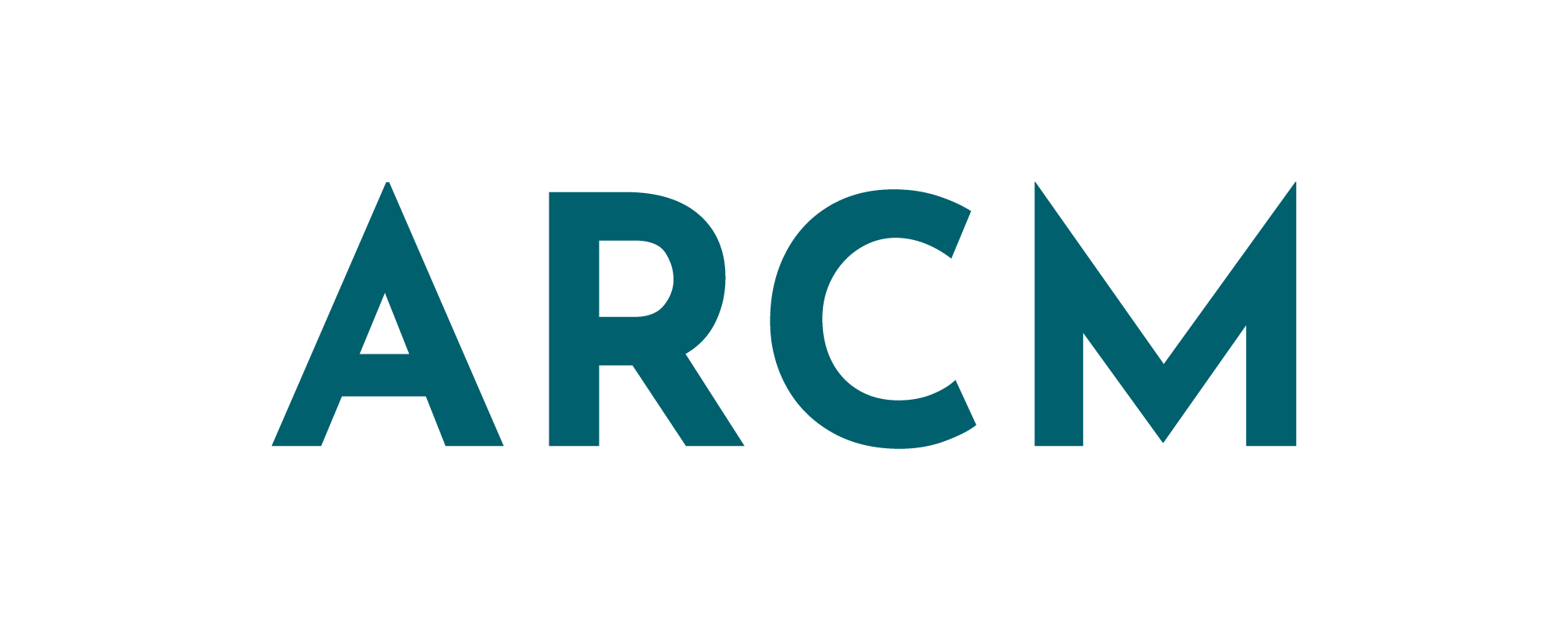March 8th was this year’s International Women’s Day. And it was also the date for WTSFest London. And you know what, it was fucking wonderful.
Every year, Areej AbuAli and her team pull out all of the stops to create an inclusive, supportive event for women and nonbinary folks to take the stage and help us learn a shit ton about SEO. With everything from career and financial advice to practical steps towards accessibility on your website, this year’s line up was absolutely fantastic.
Here are my favourite things about WTSFest and the top lessons I learnt from the speakers on the day.
Showing up with true inclusivity
Too many International Women’s Day (or “women’s” focused) events or communities suffer from a great deal of exclusionary behaviour and leadership. Women In Tech SEO on the other hand is run by absolute powerhouse Areej AbuAli (one of the greatest women in the entire industry) with an inclusivity-first mindset.
The community and events are open to queer women, trans women, migrant women, disabled women, women of all backgrounds, faiths, and ethnicities.
This inclusivity extends to financial diversity as well. Conferences are expensive to run and often expensive to attend. Being able to go is a real privilege. Areej works hard to obtain sponsors and scholarship contributors to offer a whole bunch of free tickets to folks who otherwise wouldn’t be able to make it.
Accessibility is a priority
The venue is chosen carefully, making sure that everything is physically accessible and close to public transport links (this year we were basically next door to Liverpool Street tube station). Areej always makes sure there is a quiet room available for people (like me) who need to hide away from the busy, noisy, people-filled areas in the breaks.
The lighting in this year’s venue was very bright, but that is often the case in corporate venues and nothing that couldn’t be dealt with (I just had some light sunglasses on inside).
You know what I love? Areej came and checked on me multiple times throughout the day because she knows how much I, as an autistic and ADHD human, struggle with the noise, the crowds, sitting still, and talking to people. Conferences are a huge challenge for me and Areej always makes me feel cared for and safe. Incredible.
And now onto my favourite lessons from the talks.
Lesson 1: The ecommerce buying cycle is getting longer
Does impulse purchasing still happen? Yes, of course. But as we enter recession (again), the buying cycle for ecommerce brands changes. While the sale of luxury goods and travel increases, the volume of sales for non-luxury goods decreases.
So this means we need to be focusing on longer tail keywords (which we should be doing anyway) to focus on precision SEO rather than targeting general terms with higher competition. While this is good practice for SEO content as a whole, it’s even more important in uncertain economic times as folks will be doing more, specific research to justify their purchases.
Lesson 2: Accessibility is a right, not a privilege
Ok, so this isn’t news to me. But I really wanted to highlight the actionable advice Billie Geena Hyde (founder of Uptake Agency) shared in her talk about accessibility in technical SEO.
If you’ve been here before, or seen me talk at BrightonSEO, you’ll know my feelings about wanky anchor text. Why do I have such strong feelings? Because anchor text are a core part of an SEO strategy sure. But they’re also critical to accessibility.
Other cool tips and info Billie Geena shared included:
- Over 96% of the world’s top 1million web pages are not accessible
- Check your colour contrast using Colour Contrast Analyser (you need a contrast score minimum of 5:1 to be considered accessible)
- Use tools like Sitebulb to check accessibility and load speed
Lesson 3: How to tidy your website </head>
The “head” is the section of code that all of your Google tags and Facebook Pixels etc. get dumped into often without much consideration for how it’s going it impact the site.
It is the very first thing that Google (and the other search engines) read on every page of your site. So, if it’s a hot mess, a line of code is incomplete, or it’s a whole ass shit show in there, it can cause significant problems for your technical SEO.
Sophie Gibson (winner of coolest hair and best talk title at the conference “Where’s your <head> at?”) shared a shit ton of clear, actionable advice about how to optimise your website head for better load speed, higher chance of featured snippets, and an all round better relationship with the search engines.
The key part of her presentation was the optimal <head> order for rendering (list credited to Harry Roberts (@csswizadry on Twitter))
- <head>
- <meta charset|http-equiv|viewpoint|robots>
- preconnect
- <script src=”” async></script.
- CSS that inclused @import
- Synchronous JS
- Synchronous CSS
- preload
- <script src=”” defer></script>
- prefetch / prerender
- Everything else (icons, open graph, etc.)
- </head>
Does that look complex as fuck? Yes. But you should see what these heads look like before they’re tidied up and optimised.
WTSFest is always one of the highlights of the year
It’s incredible to be surrounded by so many women from a huge range of backgrounds and experience supporting each other. To be taught so much in-depth SEO, career, and financial goodness from amazing women. And so nice to go to a conference that isn’t a bunch of white dudes who may as well be chatting shit on their hustle podcast.
We love to see it. And next year, who knows, maybe I’ll apply to speak.

